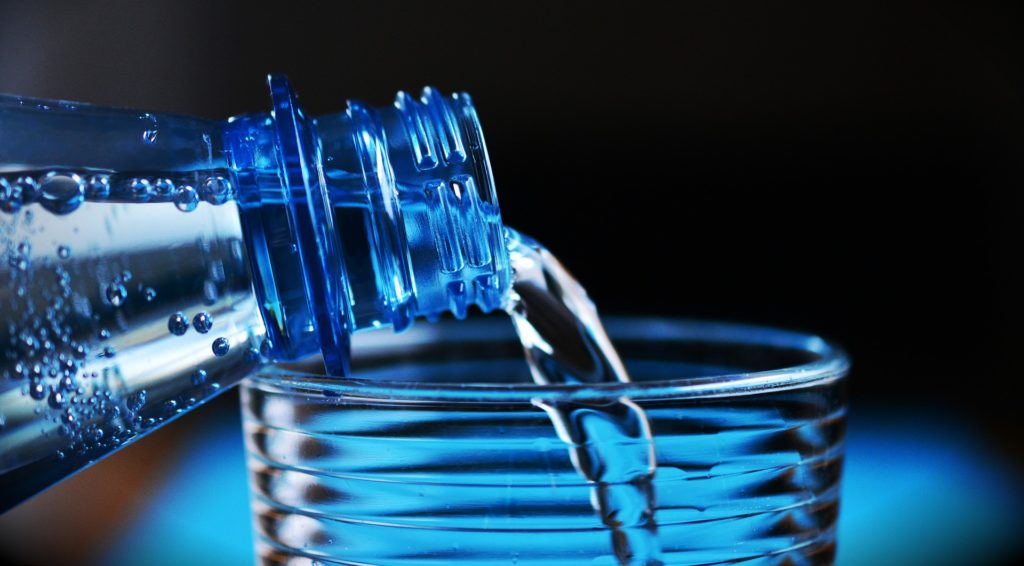Bottled water products are dominating the beverage industry with 63 percent of consumers claiming that water is their top beverage of choice due to its natural properties and zero-calorie content. Although water is associated with health benefits, beverage companies should be wary of labeling their water products as “healthy.” Trader Joe’s is one of the many companies being sued by consumers for false labeling claims and this time it’s in regards to their ‘Alkaline Water + Electrolytes’ product.
A California woman is suing the major grocery chain for falsely implying that their alkalized water product is healthier than traditional bottled water. According to the plaintiff, Dana Weiss, the water – which has electrolytes and a pH of 9.5 (which is higher than the traditional pH of 7 that normal water has) – has a premium price tag and is presented in a way that implies that the product has added health benefits.
Weiss claims that the hundreds of plus symbols on the packaging and the logo stating that the product is “ionized to achieve the perfect balance,” indicates that the product is healthier than bottled or tap water. Although these allegations are towards vague labeling terms on the alkalized water product, the plaintiff claims that the way it is portrayed can easily trick consumers into believing that the product is healthier than others. The complaint also claimed that the water product does not have a pH of 9.5+ (which the product claims to have on its packaging) and that the water is more acidic than it claims to be. The lawsuit also states that Trader Joe’s does not have a single study to support their labeling claims.
However, the grocery chain does not seem to be concerned about this lawsuit. Most water companies are careful with their product claims and Trader Joe’s is one of them, which is why they have not put a definite health claim on the product’s packaging. According to them, the grocery chain’s alkalized water products simply promote a refreshing taste and added electrolytes, which are known to replace minerals that are lost through sweat. So Weiss will have a hard time proving that Trader Joe’s has implied added health benefits.
Weiss does a have a chance in winning this case if Trader Joe’s alkalized water does not have a pH of 9.5 as stated on the bottle. However, she did not explain how she was able to determine the pH of their products to be less than 9.5, though this could be achieved using pH testing strips or a pH meter. Additionally, Weiss would have to prove that Trader Joe’s product claims are in fact false; her claim that there is no scientific evidence for Trader Joe’s product claims is not enough.
However, there have been some external studies that have found higher pH levels to be good for the body. A 2012 study published by the Annals of Otology, Rhinology & Laryngology found that water with a pH of 8.8 or higher instantly denatures pepsin ̶ which is an enzyme produced in the stomach that can damage the esophagus if it refluxes ̶ leaving it inactive permanently. Another study published in the Journal of the International Society of Sports Nutrition found that high pH, electrolyte water has a significant impact on the whole blood viscosity of a person after strenuous exercise. The study found that those who consumed high pH water reduced the viscosity of their blood by 6.3 percent compared to the 3.36 percent reduction associated with consuming purified drinking water.
These findings might help Trader Joe’s promote their alkalized water product as this lawsuit might act as a marketing gimmick for them. With little to no proof, Weiss has a very low chance of winning this lawsuit if Trader Joe’s proves the pH of their alkalized water. However, this media exposure might promote the benefits of high pH water and encourage more consumers to purchase their product.












Join or login to leave a comment
JOIN LOGIN